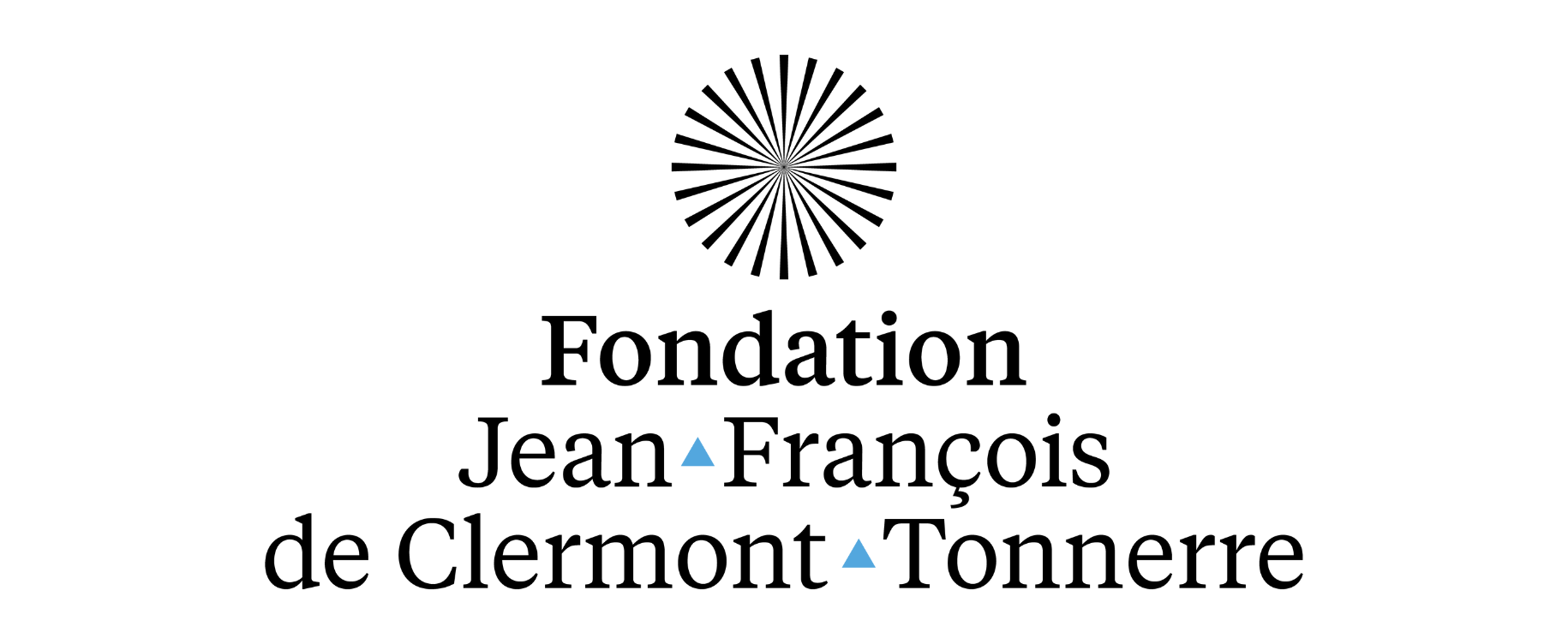The “Excello” program and the “Kalulu” project
Inspired by the experimental work of Professor Stanislas Dehaene, the EXCELLO program aims to develop and support the concrete application of new learning methods in primary schools through the development, optimization and dissemination of teaching materials based on the results of scientific research conducted by the professor and his team.
The ambition is to create a bridge between cognitive science and education in the field of early mathematics and literacy by developing concrete, research-based pedagogical tools that stimulate student learning and provide teachers and parents with a means to help children progress. These tools also serve, in turn, to enhance researchers’ understanding of learning in a “natural setting.”
The implementation of the program is under the responsibility of the Collège de France Chair of Prof. Stanislas Dehaene and his team.
Description of the project
The Kalulu Lecture software, developed by Prof. Dehaene’s team in the framework of the Excello project, proposes a playful learning of reading through the systematic teaching of grapheme-phoneme correspondences (a so-called “phonic” method). The experimental tests open perspectives for optimizing the existing tool as well as the way to complementary tools. Research and development will be carried out to help transform the work started in the research laboratory into tools usable by the general public such as textbooks, software, training classes.
Implementation
The implementation is scheduled as follows. It is likely to be adjusted in time according to the evolution of the scientific work and its results or any external hazard, beyond the control of the researchers.
Year 1: 2022
- Finalization of the Kalulu software and reading manual.
- Creation of a service platform allowing users to use Kalulu on multiple devices, online or offline.
- Beginning of the project to conduct the first research on speech recognition of children’s phonemes.
- In September and for the school year 2022-2023, a large randomized controlled trial testing the method with teachers in the Val d’Oise department.
Year 2: 2023
- Update Kalulu with A/B testing of game parameters to better understand the factors that are critical to learning to read
- Testing of speech recognition software, compared to the current reference, with dyslexic readers
- Optimization and diffusion of Kalulu as a free reading method accessible to all children in France
- As part of the development of Kalulu, reflection on tools to reinforce fundamental mathematics
Year 3: 2024
- Testing of the mathematics program attached to the Kalulu project
- Distribution of the dyslexia screening device and training of teachers, speech therapists, neuropsychologists in its use
